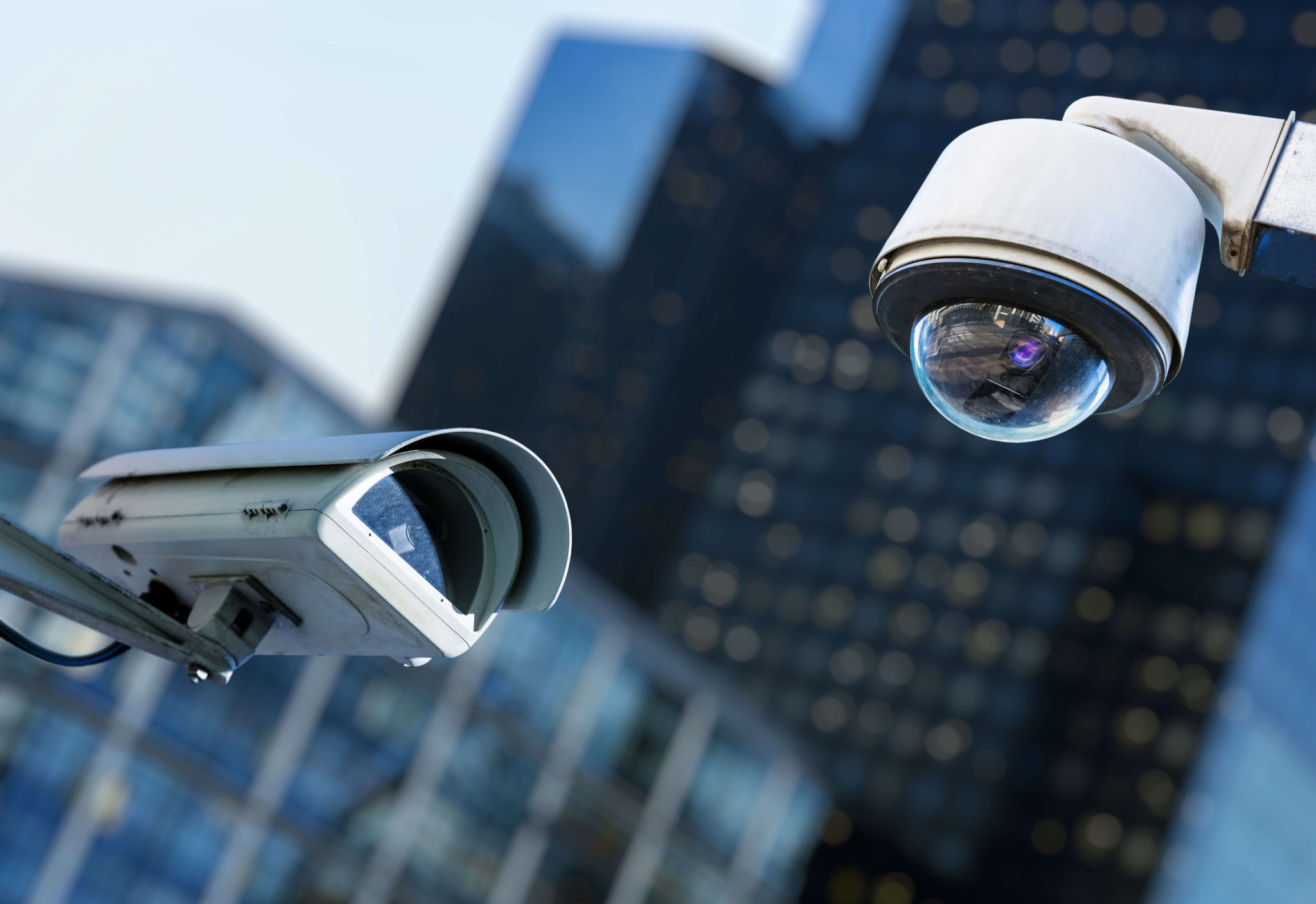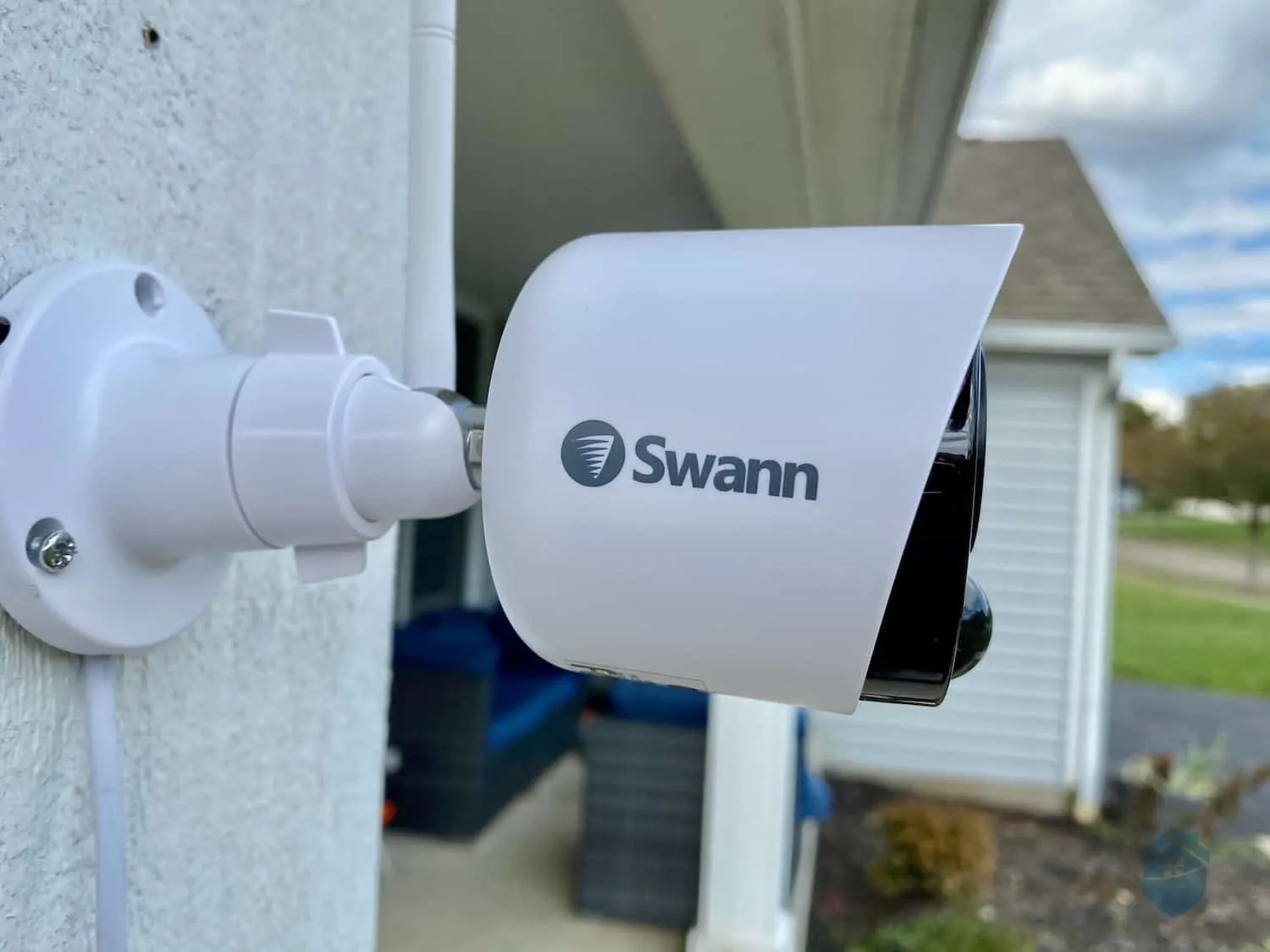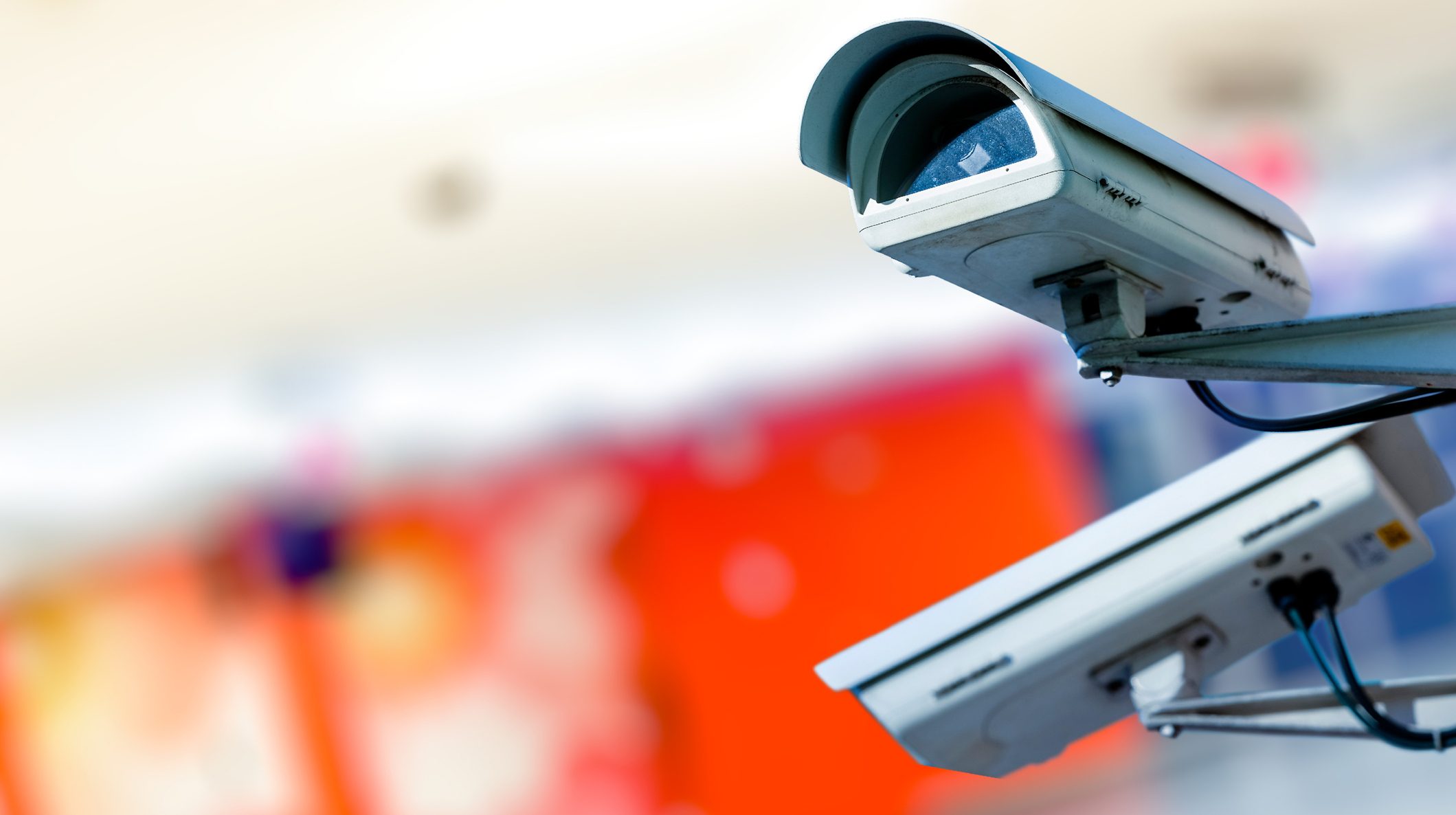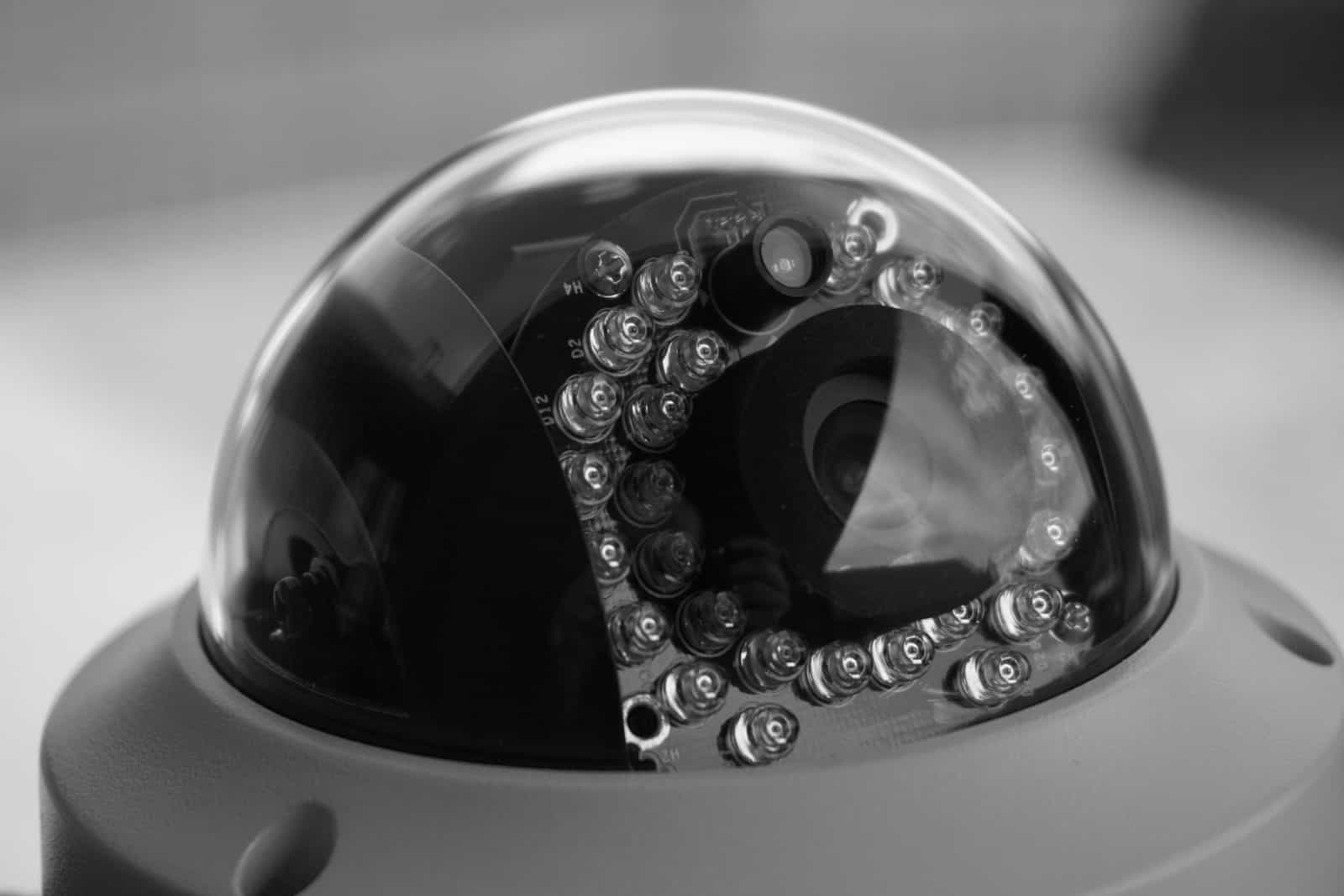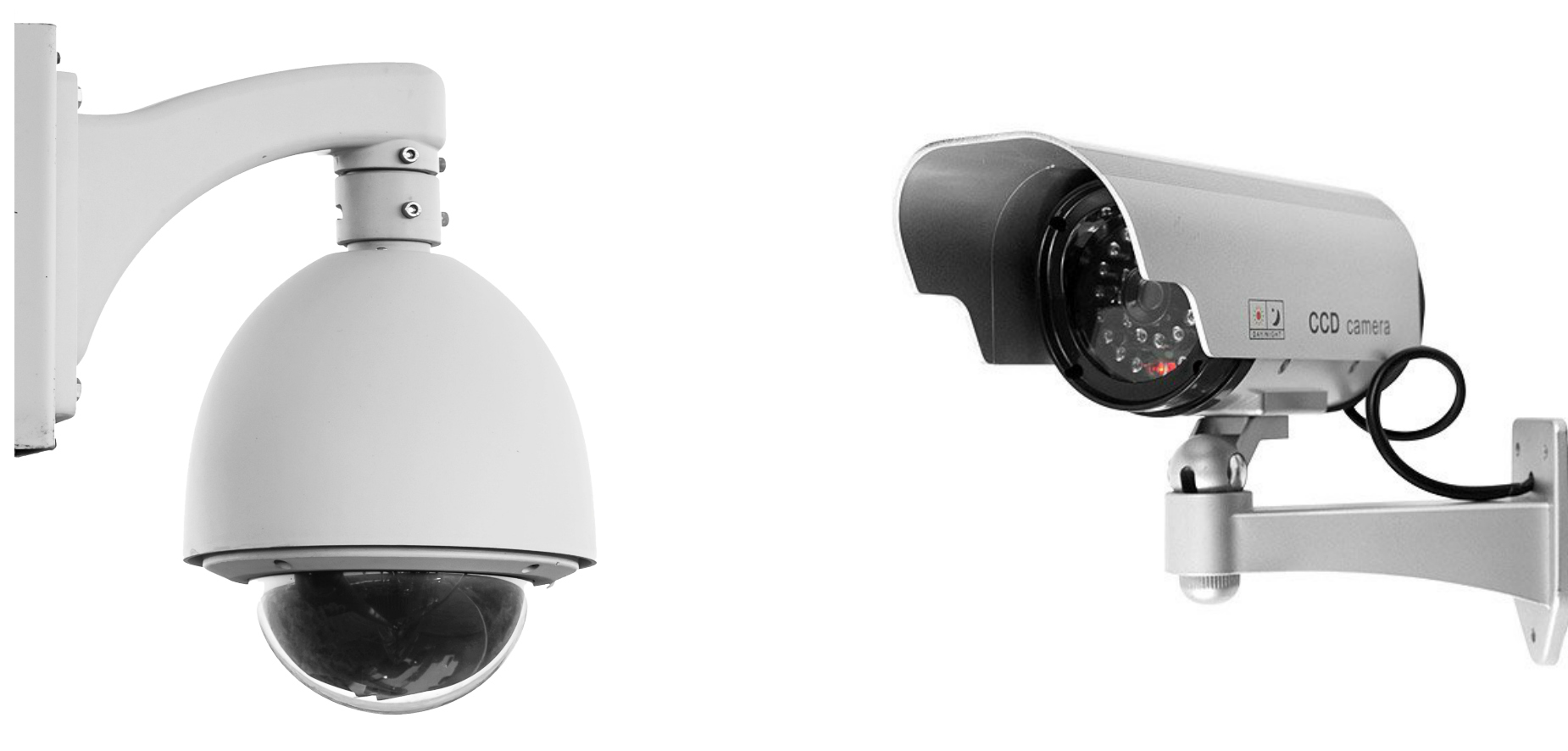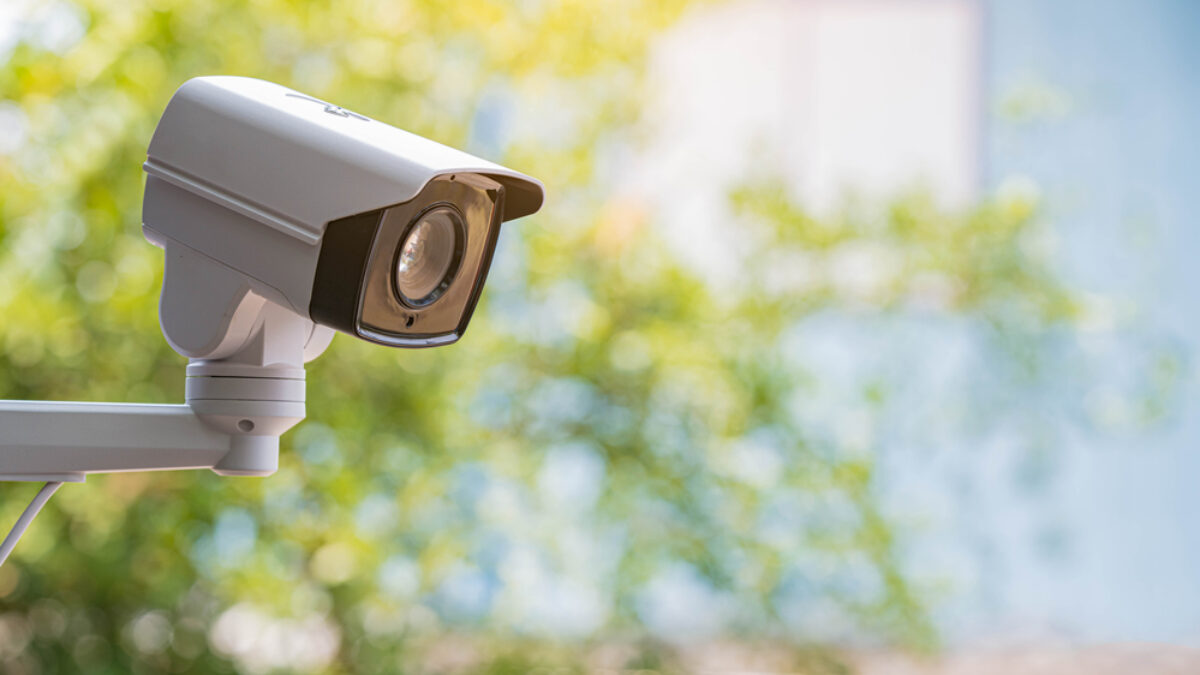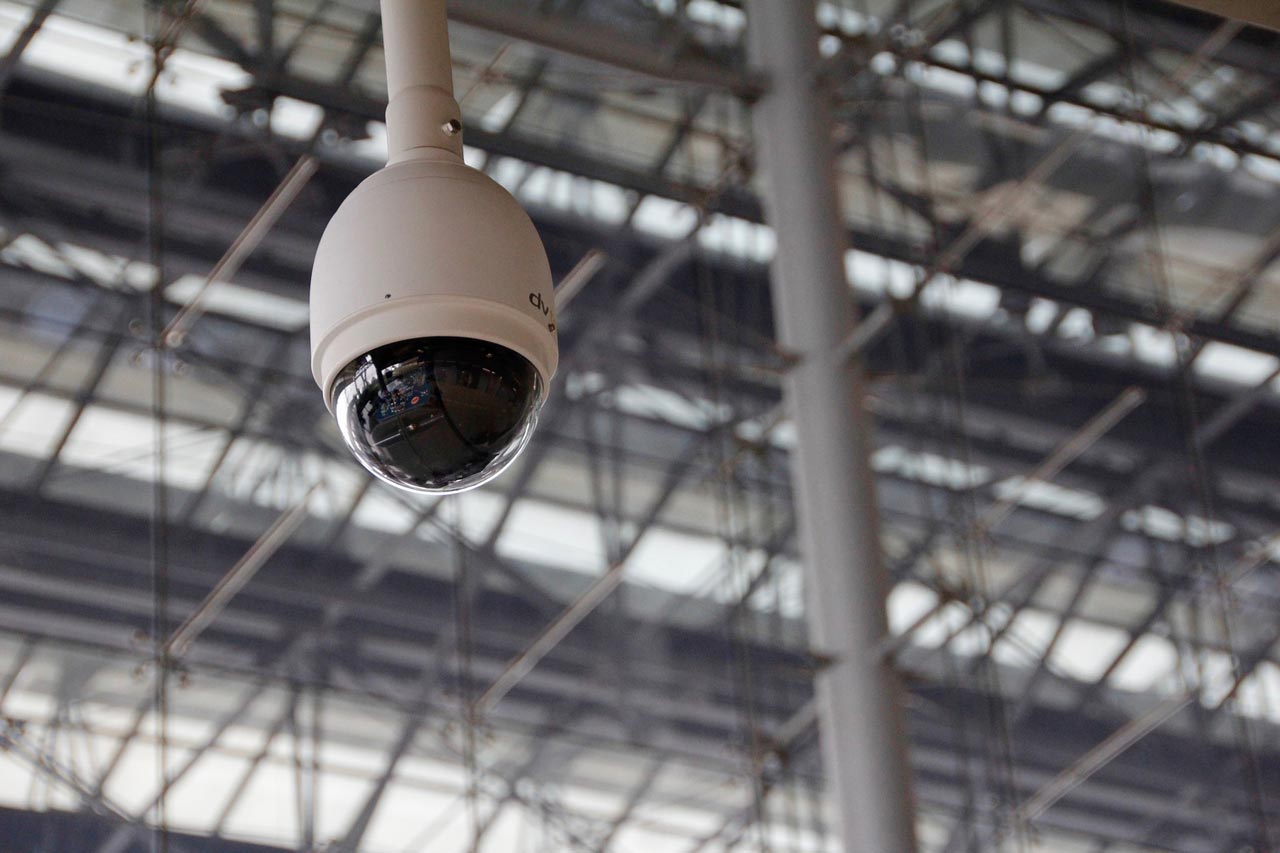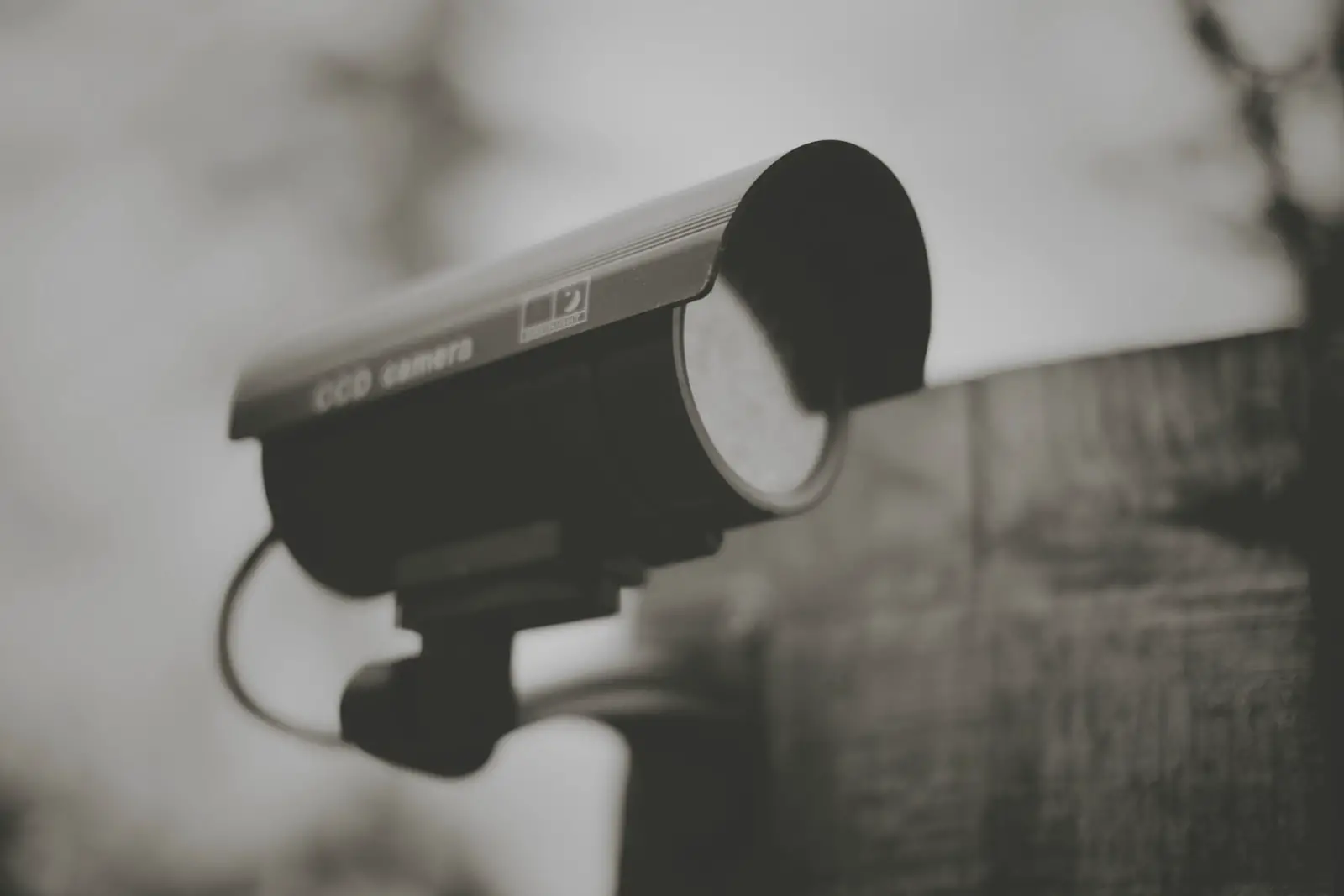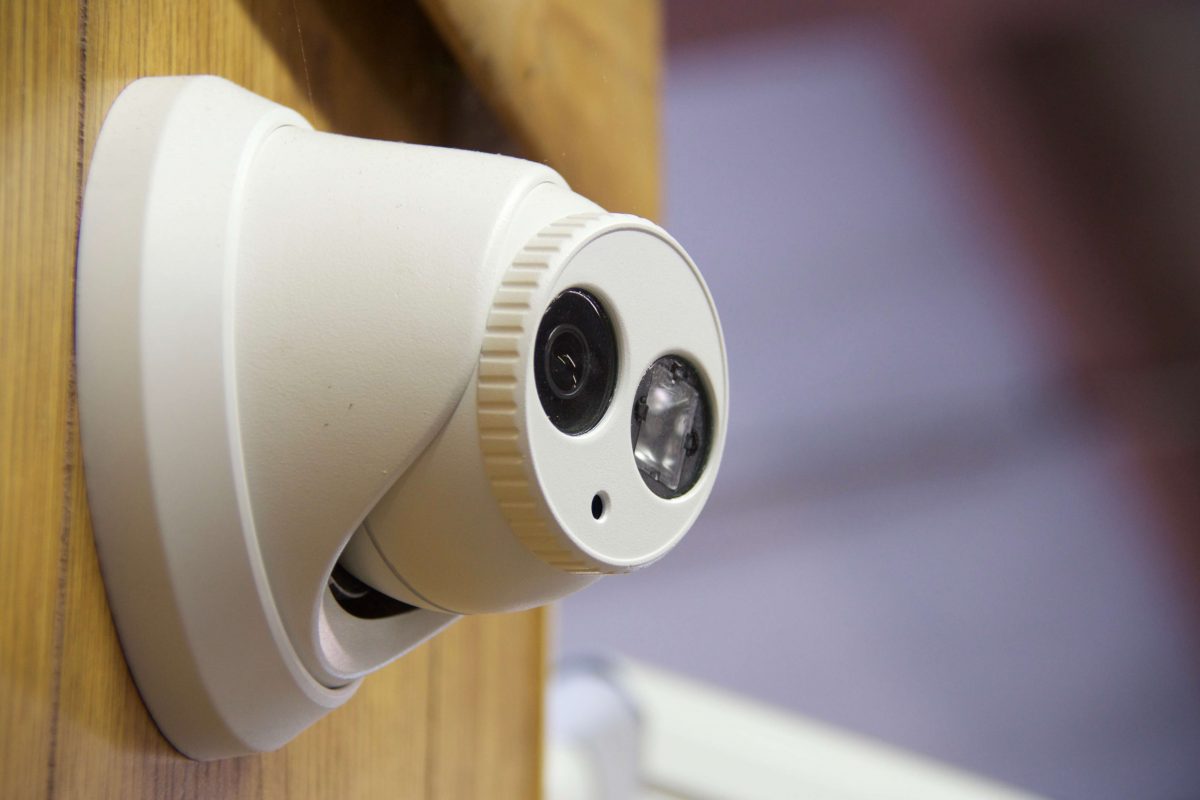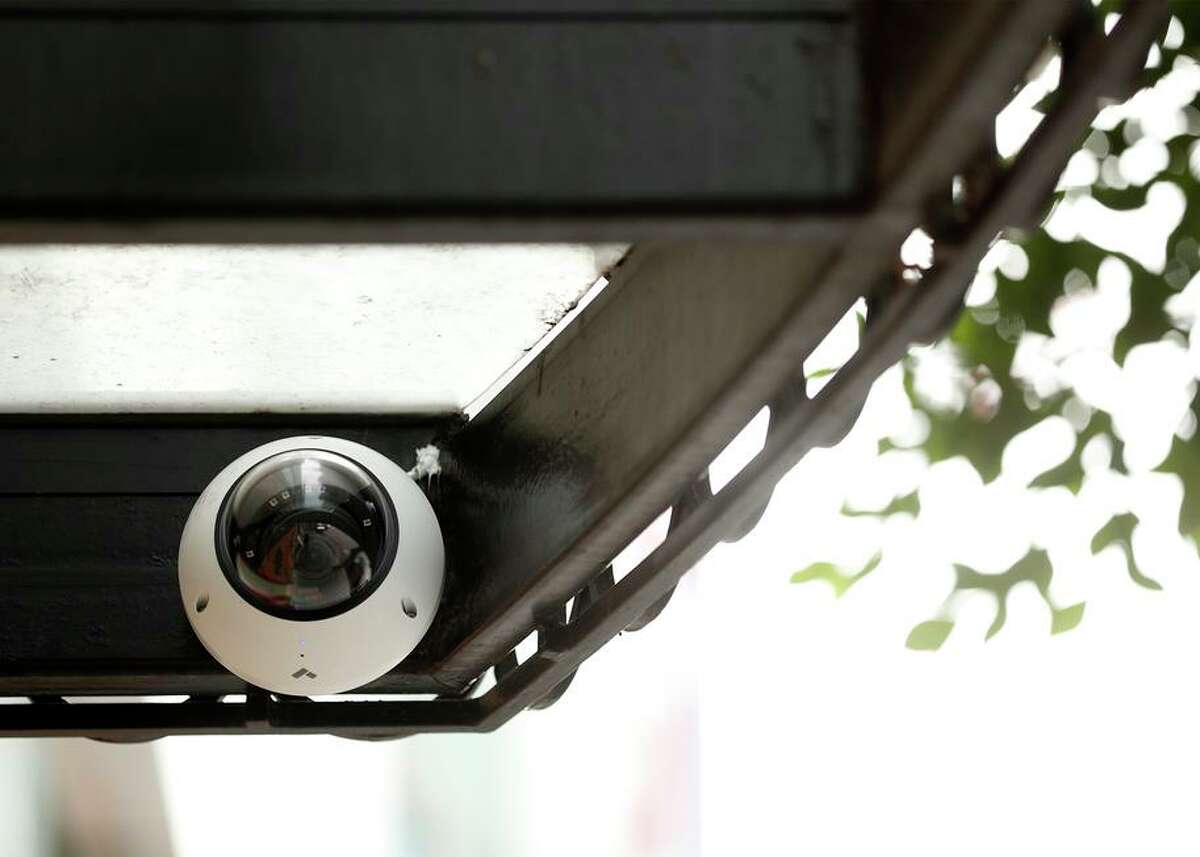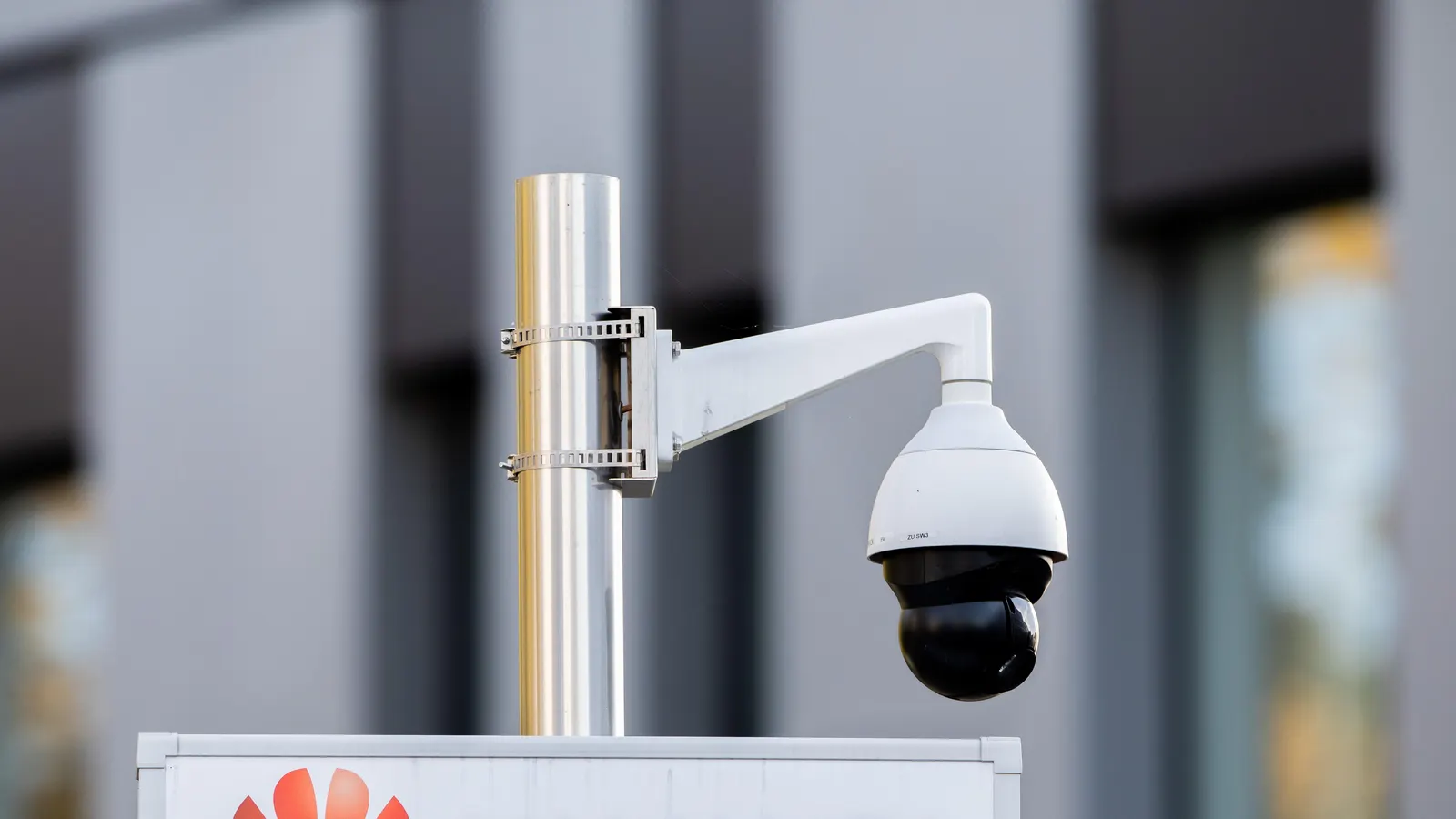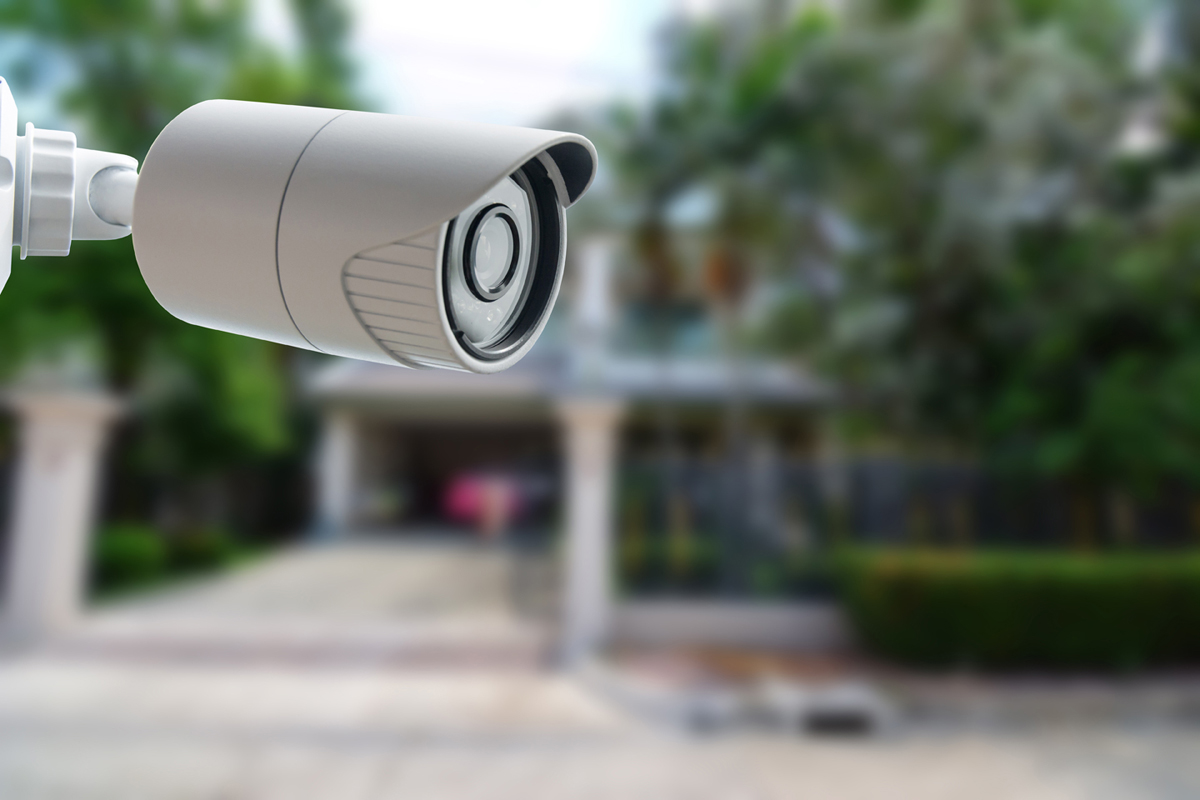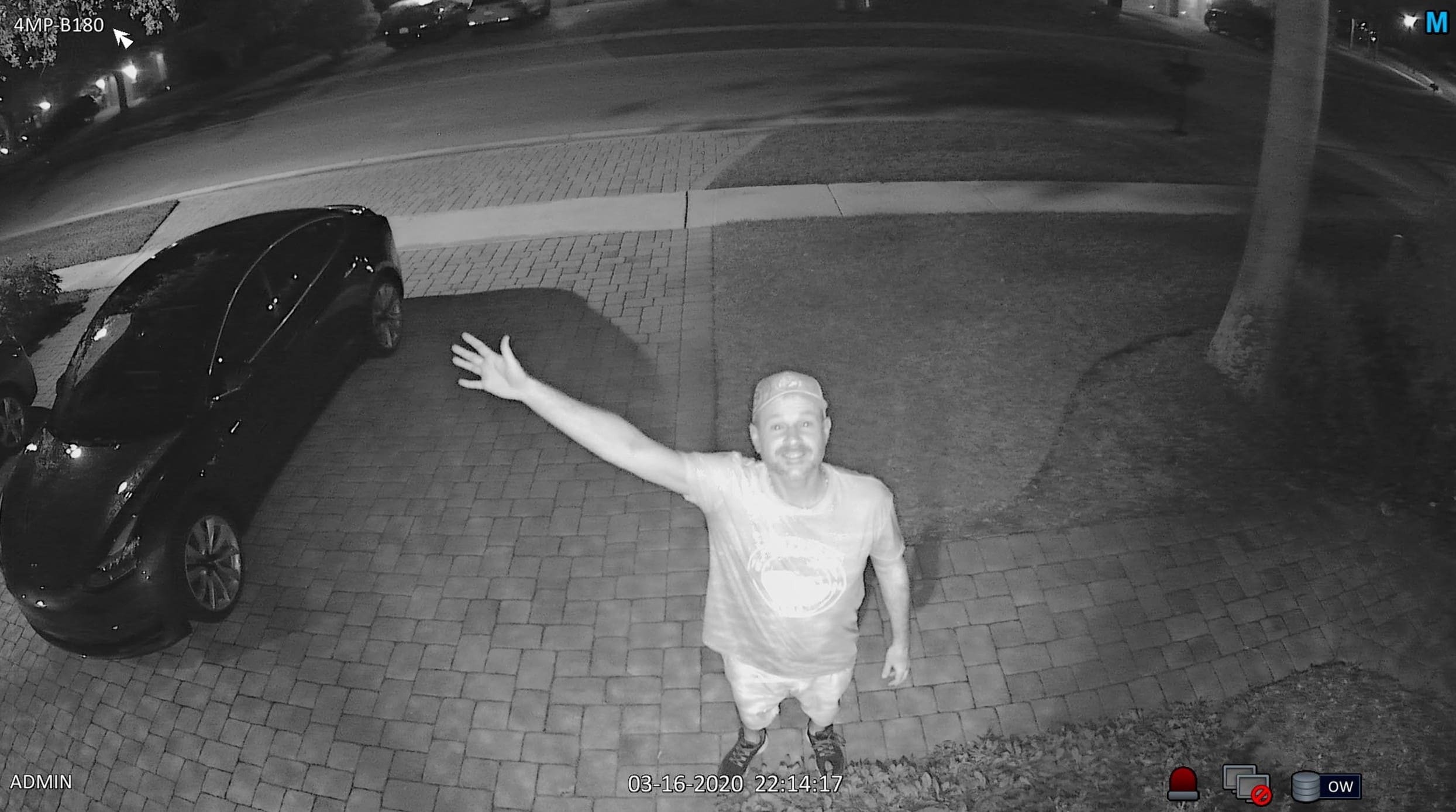Home>Home Security and Surveillance>How To Register Home Security Cameras With The Police
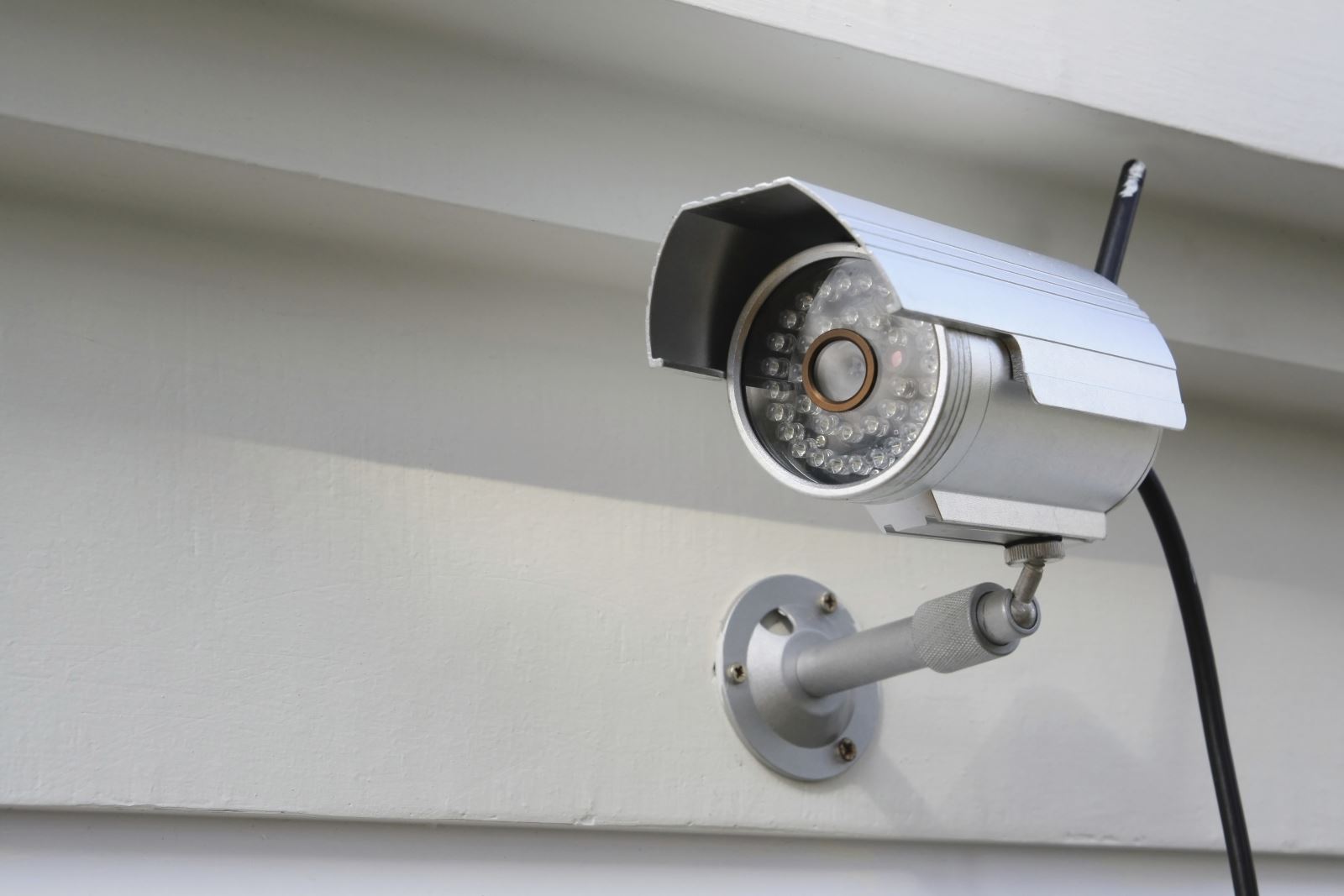

Home Security and Surveillance
How To Register Home Security Cameras With The Police
Modified: March 6, 2024
Learn how to register your home security cameras with the police for increased home security and surveillance. Follow these simple steps to ensure your cameras are properly connected to law enforcement.
(Many of the links in this article redirect to a specific reviewed product. Your purchase of these products through affiliate links helps to generate commission for Storables.com, at no extra cost. Learn more)
Introduction
Home security is a top priority for homeowners, and having surveillance cameras installed can greatly enhance the safety and security of your property. While the presence of security cameras alone is a significant deterrent to potential criminals, registering your home security cameras with the police can offer additional benefits. In this article, we will explore the importance of registering your home security cameras with the police and provide a step-by-step guide on how to do so.
Registering your home security cameras with the police is a proactive step that not only helps law enforcement agencies in their investigations but also strengthens the overall security infrastructure of your community. By registering your cameras, you become an important partner in the fight against crime and contribute to your neighborhood’s peace of mind.
Once registered, your home security cameras can provide valuable evidence in the event of a criminal incident on your property or in your neighborhood. This evidence can help identify suspects, facilitate investigations, and potentially lead to the recovery of stolen property.
Additionally, the presence of registered security cameras can act as a deterrent, as potential criminals are more likely to think twice about targeting a property with visible surveillance. Knowing that their actions may be recorded and shared with law enforcement increases the risk of being caught, making your home and neighborhood safer for everyone.
Furthermore, by registering your home security cameras, you are signaling to your community that you are committed to maintaining a safe environment. This can foster a sense of unity among neighbors and encourage others to take similar security measures, creating a collective force against criminal activity.
Now that we understand the benefits of registering home security cameras with the police, let’s explore the step-by-step process on how you can go about doing it.
Key Takeaways:
- Registering home security cameras with the police enhances community safety by deterring crime, aiding law enforcement, and providing peace of mind to homeowners.
- Before registering, research local laws, gather camera details, contact the police department, and maintain updated information to maximize the effectiveness of your surveillance system.
Read more: How To Waterproof A Security Camera
Benefits of Registering Home Security Cameras
Registering your home security cameras with the police offers several notable advantages that can greatly enhance your home security and contribute to the safety of your community. Here are some key benefits:
- Improved Crime Solving: By registering your home security cameras with the police, you provide law enforcement with valuable information about the location and coverage of your cameras. In the event of a crime in your area, the police can quickly identify and request access to your footage, increasing the chances of solving the case.
- Deterrence: The mere presence of registered security cameras serves as a powerful deterrent to potential criminals. When would-be intruders see visible surveillance cameras, they are more likely to think twice before targeting your property. This added layer of security can significantly reduce the risk of break-ins, vandalism, and other criminal activities.
- Community Safety: Registering your home security cameras with the police contributes to the overall safety of your community. By sharing information about your cameras, you help law enforcement create a comprehensive map of surveillance systems in the area. This knowledge enables them to better allocate resources, identify crime patterns, and effectively respond to incidents as they occur.
- Recovery of Stolen Property: In the unfortunate event of a burglary or theft, registered security cameras can provide crucial evidence that can lead to the identification and apprehension of the perpetrators. Additionally, your camera footage can assist in recovering stolen items and returning them to their rightful owners.
- Peace of Mind: Knowing that your security cameras are registered with the police can bring you and your family peace of mind. It gives you the assurance that you are taking active steps to protect your home and that, in the event of a crime, law enforcement is better equipped to investigate and bring the culprits to justice.
Overall, registering your home security cameras with the police enhances the effectiveness of your surveillance system, helps deter crime, and strengthens community safety. By working hand in hand with law enforcement, you become an essential partner in creating a safer environment for yourself, your family, and your neighbors.
Step 1: Research Local Laws and Regulations
Before registering your home security cameras with the police, it is crucial to familiarize yourself with the local laws and regulations governing surveillance systems in your area. Each jurisdiction may have specific requirements and guidelines that you need to follow. Here are some important considerations:
- Privacy Laws: Understand the privacy laws that govern the use of surveillance cameras in your region. Familiarize yourself with any restrictions on where you can point your cameras and the use of audio recording, if applicable. This step is essential to ensure that you operate your security cameras within the legal boundaries and respect the privacy rights of others.
- Registration Requirements: Research whether your local police department requires the registration of home security cameras. Some communities may have a voluntary registration program in place, while others may make it mandatory. Check the official website of your police department or contact them directly to gather information about the registration process.
- Camera Placement Regulations: Some areas may restrict where you can install your security cameras. For example, there may be limitations on camera placement that overlook neighboring properties or public spaces. It is important to know these regulations to avoid any potential legal issues or conflicts with neighbors.
- Data Protection: Understand how your recorded footage is protected and stored. Ensure that you comply with any local laws regarding the retention period of surveillance footage and the security measures you must implement to safeguard the data.
- Signage Requirements: Check if there are specific signage requirements for properties with surveillance cameras. Some jurisdictions may require homeowners to display signs indicating that cameras are in use. It is important to comply with these requirements to inform individuals that their actions may be recorded.
By conducting thorough research into local laws and regulations, you will have a clear understanding of the legal requirements and obligations associated with operating home security cameras. This knowledge will guide you through the registration process and ensure that you comply with all the necessary guidelines.
Step 2: Gather Necessary Information
Before reaching out to your local police department to register your home security cameras, it is important to gather all the necessary information and documentation. Having this information readily available will streamline the registration process and ensure that you provide accurate and complete details. Here are the essential pieces of information you should gather:
- Camera Details: Make a note of the make, model, and location of each security camera you have installed. This includes both outdoor and indoor cameras. Take photographs or create a diagram that indicates the exact placement of each camera. This information will help the police department understand the coverage area of your surveillance system.
- Owner Information: Prepare your personal information, including your full name, address, and contact details. If there are multiple owners or residents on the premises, gather their information as well.
- Contact Information: Gather the contact information for your alarm monitoring company, if applicable. This may include the company name, phone number, and any relevant account or reference numbers. This information will assist law enforcement in quickly reaching the appropriate party during an emergency or when reviewing camera footage.
- Camera Footage Storage: Determine where your camera footage is stored and how long it is retained. This can include details about local storage devices, cloud-based storage services, or third-party providers. Note any specific procedures required to access and retrieve footage, such as passwords or account information.
- Neighbors’ Consent: If your security cameras capture areas beyond your property boundaries, make sure to obtain the consent of any neighbors whose property may be within the camera’s field of view. This demonstrates an understanding of privacy concerns and helps maintain positive relationships with your neighbors.
By gathering all the necessary information ahead of time, you will be well-prepared when contacting your local police department to register your home security cameras. This proactive approach will ensure a smooth and efficient registration process and help law enforcement better understand the details of your surveillance system.
When registering your home security cameras with the police, make sure to provide accurate and up-to-date contact information. This will help law enforcement quickly reach out to you in case of an incident.
Step 3: Contact Your Local Police Department
Once you have researched local laws, regulations, and gathered all the necessary information, it’s time to reach out to your local police department to register your home security cameras. Contacting the police department directly is the most reliable way to ensure that you follow the correct procedure and provide the required details. Here are the steps to take:
- Locate Contact Information: Find the contact information for your local police department. This can usually be found on their official website or by calling the non-emergency line. Write down the phone number, email address, or any other relevant contact details.
- Speak with the Appropriate Department: When contacting the police department, ask to be directed to the appropriate department handling home security camera registration. They may have a dedicated unit or officer responsible for collecting and maintaining this information.
- Provide Required Information: When speaking with the police department representative, provide all the necessary information you gathered in Step 2. This includes the details of your cameras, your personal information, contact details, and any other requested documentation. Be prepared to answer any additional questions they may have about your surveillance system.
- Follow Any Provided Instructions: The police department may have specific instructions or forms for you to complete as part of the registration process. Follow their guidance and provide any additional documentation or paperwork as requested.
- Clarify Any Concerns or Questions: If you have any concerns or questions during the registration process, don’t hesitate to ask the police department representative for clarification. They are there to assist you and ensure that you understand the process fully.
Remember, different police departments may have varying procedures for registering home security cameras. By contacting them directly, you can ensure that you are following the correct protocol for your specific locality. Building a relationship with your local law enforcement can also provide additional benefits in terms of crime prevention and community safety.
Read more: How To Choose Security Cameras
Step 4: Complete the Registration Process
Completing the registration process with your local police department is an important step in ensuring that your home security cameras are officially registered and recognized by law enforcement. By following these steps, you can finalize the registration process:
- Submit Required Documentation: Depending on the requirements of your local police department, you may need to submit certain documentation to complete the registration process. This could include completed registration forms, copies of identification, or any other requested documents. Ensure that all required paperwork is accurately filled out and provide any additional information requested.
- Review Terms and Conditions: Familiarize yourself with any terms and conditions associated with the registration process. This may include consent to review your camera footage in the event of a crime or agreement to comply with any privacy guidelines set by the police department. Make sure you understand and agree to these terms before submitting your registration.
- Confirmation of Registration: Once your registration has been processed, you may receive a confirmation from the police department. This confirmation could be in the form of an email, a letter, or a reference number. Keep this confirmation in a safe place, as it serves as proof that your cameras are officially registered with the police.
- Update Registration as Needed: It is important to keep your registration information up to date. Notify the police department of any changes in camera placement, contact information, or other relevant details. This ensures that they have the most accurate and current information about your surveillance system.
By completing the registration process, you demonstrate your commitment to working alongside law enforcement to enhance community safety. Registering your home security cameras enables the police department to have a better understanding of surveillance coverage in your area and can facilitate investigations if a crime occurs.
Keep in mind that the registration process may vary depending on your local police department’s procedures. If you have any questions or concerns during the registration process, don’t hesitate to reach out to the relevant department for assistance. They are there to guide you through the process and ensure that you are in compliance with all necessary requirements.
Step 5: Maintain Updated Information
After successfully registering your home security cameras with the police, it is important to actively maintain and update your information to ensure the effectiveness of your surveillance system. By regularly reviewing and updating your registration details, you can maximize the potential benefits and support provided by law enforcement. Here are some key points to consider:
- Camera Changes or Additions: If you make any changes to your existing camera setup or add new security cameras, promptly update your registration with the police department. This includes providing details about the new cameras, their location, and any other relevant information. This ensures that the police have the most accurate and up-to-date information about your surveillance coverage.
- Contact Information Updates: If your contact information, such as your address or phone number, changes, inform the police department as soon as possible. Accurate and current contact details ensure that law enforcement can easily reach you when necessary, such as during an investigation or when reviewing camera footage.
- Discontinuation of Cameras: If you decide to discontinue the use of certain security cameras or remove them entirely, inform the police department and request that they update their records accordingly. This prevents unnecessary confusion and ensures that law enforcement is aware of any changes.
- Regular Maintenance and Testing: Keep your security cameras in good working order by performing regular maintenance and testing. This includes cleaning lenses, checking connections, and ensuring that recording devices or systems are functioning correctly. Regular maintenance helps ensure that your cameras capture clear and usable footage when needed.
- Stay Informed: Stay updated on any changes to local laws, regulations, or guidelines regarding the use of security cameras. Monitor official sources such as the police department’s website or local news outlets to stay informed about any updates that may impact your surveillance system. This knowledge ensures that you continue to operate your cameras within legal boundaries.
By maintaining updated information and regularly reviewing your surveillance system, you optimize the effectiveness of your home security cameras. Timely updates and accurate information allow law enforcement to rely on your footage if needed and help them ensure community safety more efficiently.
Remember, maintaining updated information is an ongoing process. Make it a habit to review and update your registration details periodically or whenever changes occur. By doing so, you actively contribute to a safer neighborhood and maintain a strong partnership with your local police department.
Conclusion
Registering your home security cameras with the police is a proactive step that can significantly enhance the safety and security of your property. By following the steps outlined in this guide, you can ensure that your surveillance system is officially recognized and supported by law enforcement. Here’s a recap of the key points:
First, it is important to research local laws and regulations governing the use of surveillance cameras in your area. This knowledge helps you operate within legal boundaries and respect the privacy of others.
Gather all the necessary information, including camera details, owner information, contact details, and camera footage storage information. Having this information readily available will streamline the registration process.
Contact your local police department to initiate the registration process. Provide the required information and follow any instructions or forms provided by the police department.
Once registered, be sure to maintain updated information. Notify the police department of any changes to your camera setup, contact details, or camera discontinuations. Regular maintenance and testing of your cameras will also ensure their effectiveness.
By registering your home security cameras with the police, you contribute to the overall safety of your community. You become an essential partner in crime prevention and detection, providing law enforcement with valuable information that can lead to the identification and apprehension of criminals.
Remember to stay informed about any changes to local laws or guidelines regarding security cameras. By staying up to date, you ensure that your surveillance system remains in compliance with any new regulations.
Ultimately, registering your home security cameras with the police provides peace of mind, deters potential criminals, and enhances community safety. It is an investment in your property’s security and a way to actively work alongside law enforcement to create a safer environment for yourself and your neighbors.
So, take the necessary steps to register your home security cameras with the police today. Play your part in safeguarding your property, deterring crime, and ensuring the overall well-being of your community.
Frequently Asked Questions about How To Register Home Security Cameras With The Police
Was this page helpful?
At Storables.com, we guarantee accurate and reliable information. Our content, validated by Expert Board Contributors, is crafted following stringent Editorial Policies. We're committed to providing you with well-researched, expert-backed insights for all your informational needs.
